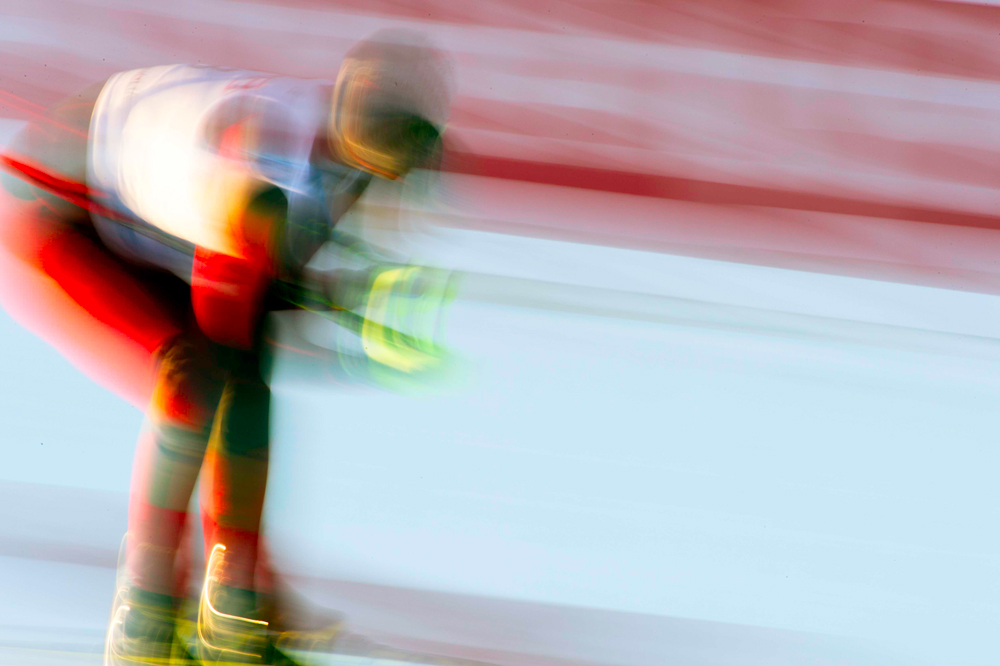By: Marius Steiro Fimland, Professor, Department of Neuromedicine and Movement Science
I am very excited and proud to introduce to you our brand new 2-year international Master’s programme in Physical Activity and Health. Please share this with any of your friends, colleagues and students who might be interested.

In August 2019, NTNU launches a new international MSc in Physical Activity and Health. We will offer the following three specializations: Exercise Physiology, Movement Science and Occupational Science. (Photo: Kim L’Orange Sørenssen/NTNU)
Populations are ageing all over the world and inactivity-related diseases are on the rise. Why are most people inactive, and what are possible solutions for individuals and societies?
These hard questions are dealt with by the MSc in Physical Activity and Health. Here’s a few more:
What is the most time-efficient way for an individual to improve health and fitness? How can technology be used to improve health and performance? How can Olympic athletes become even better – and why are their training regimes also relevant for frail elderly and patients?
The MSc in Physical Activity and Health will provide students with knowledge concerning the relationship between physical activity, health, disease, participation, function and performance. There will be special emphasis on interventions to improve health and physical activity levels and reduce disability in different populations.
The MSc in Physical Activity and Health includes some courses that are compulsory for students of all specializations. For example, the course with the same name as the masters programme – Physical Activity and Health – coordinated by me (Marius Steiro Fimland), and the course Writing and communication coordinated by Ulrik Wisløff. Writing and communication is a new course emphasizing skills to communicate scientific results effectively both in and outside academic contexts – in writing, orally and visually. The MSc is research-based and the second year is fully devoted to the MSc-project.
Here is a brief description of the three specializations:
- Exercise Physiology emphasizes a comprehensive understanding of the mechanisms for supply and demand of oxygen transport, as well as the neuromuscular basis for muscle strength. A main goal is to identify exercise-training responses, prescribe and supervise effective strength and endurance training programs, and to study their effect on health and performance. Eivind Wang will be the coordinator.
- Movement Science emphasizes the understanding of, and skills to evaluate and improve movement. This includes physical performance, function and activity in daily life, in health and disease as well as in competitive sports. Karin Roeleveld is the coordinator. GeMS (Geriatrics, Movement and Stroke) and the Centre for Elite Sports Research are closely linked to this specialization.
- Occupational Science emphasizes the understanding of the complex interplay of individual, physical, group and societal environmental factors that affect human activity and everyday life. Occupational science translates this knowledge into evidence-based approaches for treating, rehabilitating and preventing diseases and unhealthy lifestyles, as well as promoting health and active living. Skender Redzovic will be the coordinator.
The new MSc in Physical Activity and Health replaces the three following master`s programmes:
- Exercise physiology
- Bevegelsesvitenskap
- Aktivitet og Bevegelse
You can find more information about the MSc in Physical Activity and Health, including application deadlines, on the programme’s webpages.
Do you want to know more? We are here for you!
PS Did you know that Universities in Norway have no tuition fee?
